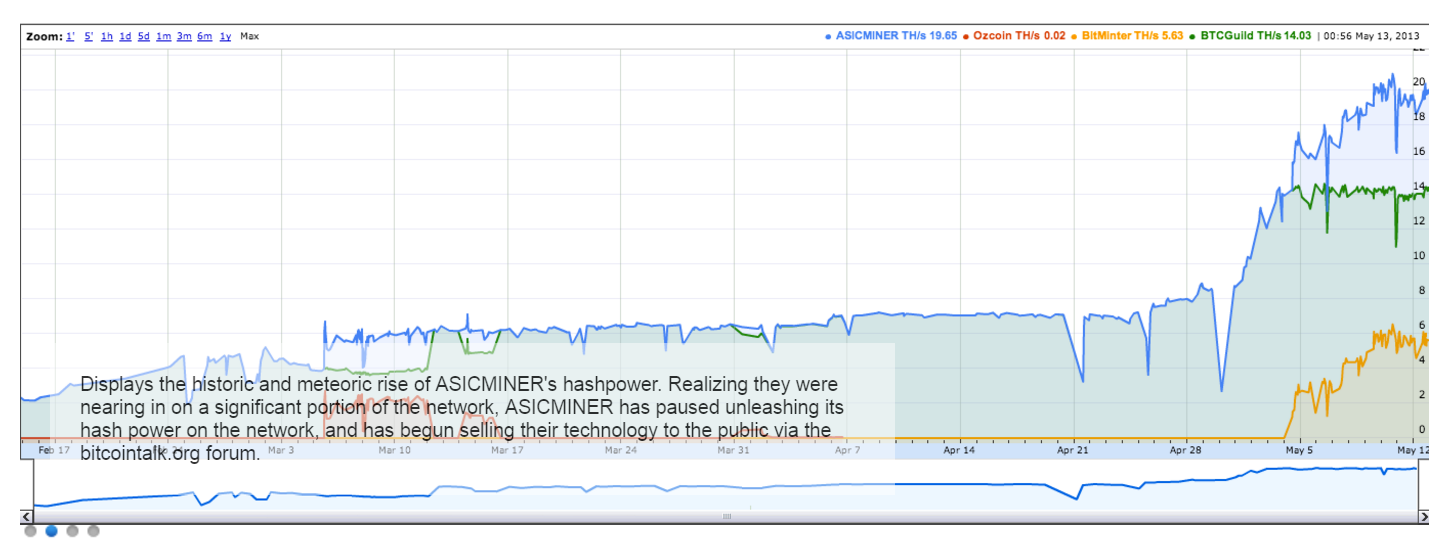Bitcoin Basics in Australia
Bitcoin 101 - what is Bitcoin?
Bitcoin is an open-source, de-centralized, peer-to-peer digital commodity. Woah, Quite a jargon-y mouthful indeed! Let's decontruct that.
Open-source: this simply means that the underlying control structures (in this case the computer code) which makes up the system/program in question, is "open" and freely available for anyone to access, inspect, modify, fix, change (break), etc. Flying in the face of western competitive capitalism and corporate greed, open source software can sometimes be a difficult concept for some to understand and fully appreciate. Consider it the future way of creating software (or of doing anything, really), as it's a co-operative model, instead of a competitive one. As we're coming to learn and accept, the model of co-operation is a far more efficient and effective one. The era of compete & deceive seems to be (thankfully!) coming to an end.
De-centralized: the state of having no central authority. Akin to mushroom mycellium, the Internet, fractals, holograms, universes, etc., this is a model of the all-is-one theme of this universe. Instead of a top-down, pyramidal system of domination & control (think many religions, governments, military, many societies, etc.), a de-centralized system is just that - all lateral, with no real hierarchy. This model is also proving to be far more efficient at distribution, equity, resource management, sustainability, and on and on. If you think that having the Federal Reserve (a private corporate entity which controls the US monetary system) seems like a bad idea - then Bitcoin's de-centralized nature is right up your alley.
Peer to Peer: the flip-side of the de-centralized model. As there is no real top-down control system, there are simply "nodes" on the network, just like the Internet. Everything connects to everything else. All is one. Aum!
Digital commodity: Bitcoin is one of the few commodities on the planet which supply happens at a known, predictable rate, and cannot be modified (well, itechnically it could be modified, if the community agreed to the modification). It was designed to be essentially counterfeit-proof, and extremely fungible or divisible (each Bitcoin is comprised of 100-million individual "Satoshis", ie, there are 8 decimal places to a Bitcoin).
What is required to control/access Bitcoin? Bitcoin is stored in wallet addresses which are protected by private keys. An example of a wallet address is: 1BKPi3B88vAA5FDCBhxq6vFXMzK5S9jmKw. Each wallet address has an associated "Private Key" which is used to grant access to the coins at the associated wallet address. The private key is a much longer set of characters and is all that is needed to access Bitcoin stored at the associated wallet address.
How does one acquire Bitcoin? There are really only 2 ways, either threw barter, or threw Bitcoin "mining". Barter would include all the various currency, commodity, service and fiat exchange services, and "mining" is the process of running a piece of software which validates the transactions of the network, and receiving a reward for doing so. This website has a lot of information on how to buy bitcoin via exchanges: bitcoins.com.au. #bitcoin-otc is the web-of-trust driven site, where the geeks who jockey the network do their trading via Internet Relay Chat/IRC (where, if one can gain the community's trust, is a far more effective place & way to trade bitcoin.)
How does one spend Bitcoin? Once you have accessed Bitcoin stored at a wallet address, to spend it is as simple as entering in the address you wish to send it to, and pressing your wallet's Send key, and confirming the transaction. There is no going back, or chargebacks - it's on you to verify the address is correct and you truly wish to send funds there. Instantly, the request for funds to be moved is transmitted to the network and the Bitcoin are then spendable by the recipient after being confirmed (which takes on average about an hour). As the state of the art in wallets is about to drastically change (given the Trezor and other hardware wallets on the way) this procedure of spending, and even storing, is about to radically alter. Many nay-sayers have rightly said that Bitcoin will never reach critical mass until it has a user-friendly application & way to accept and spend it, well those days are rapidly approaching. The Trezor is due to ship in the fall of 2013.
